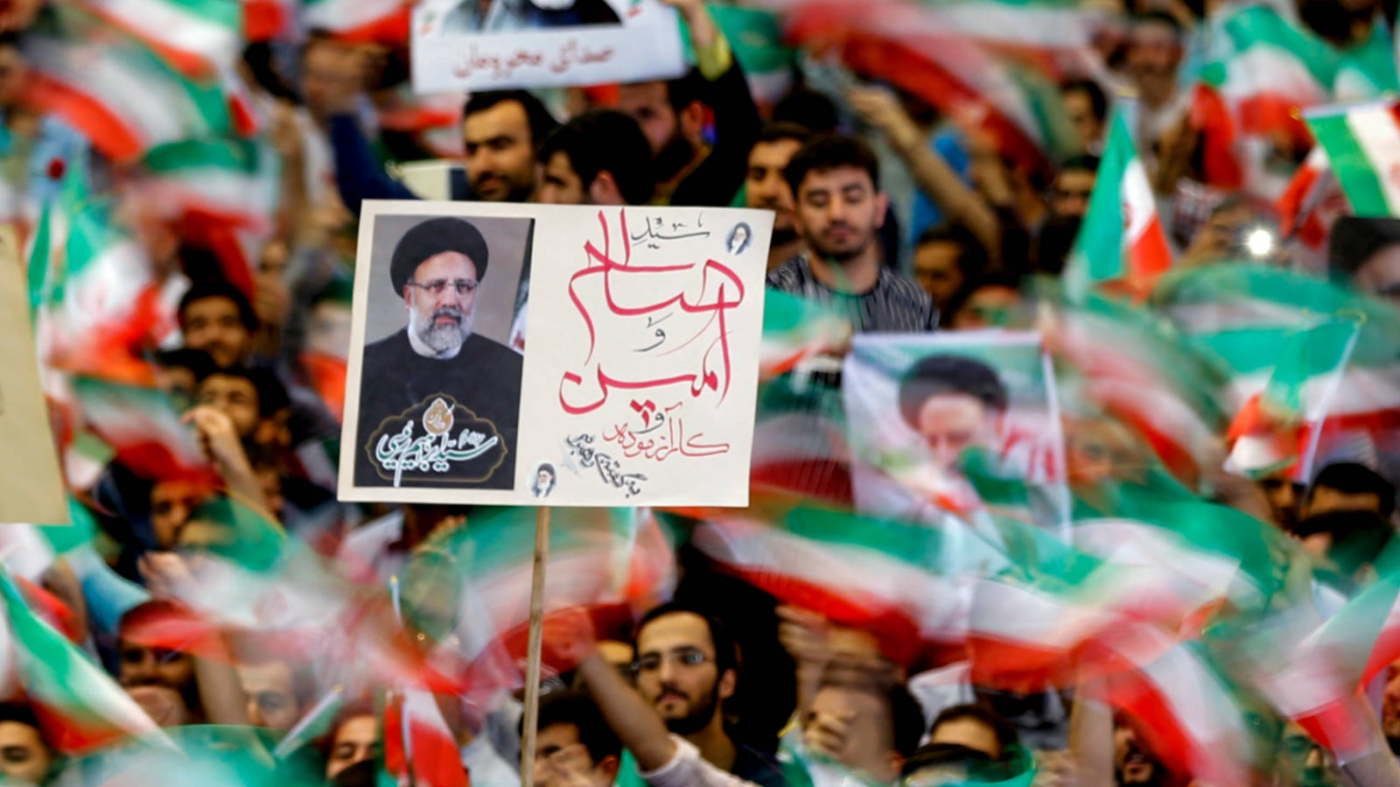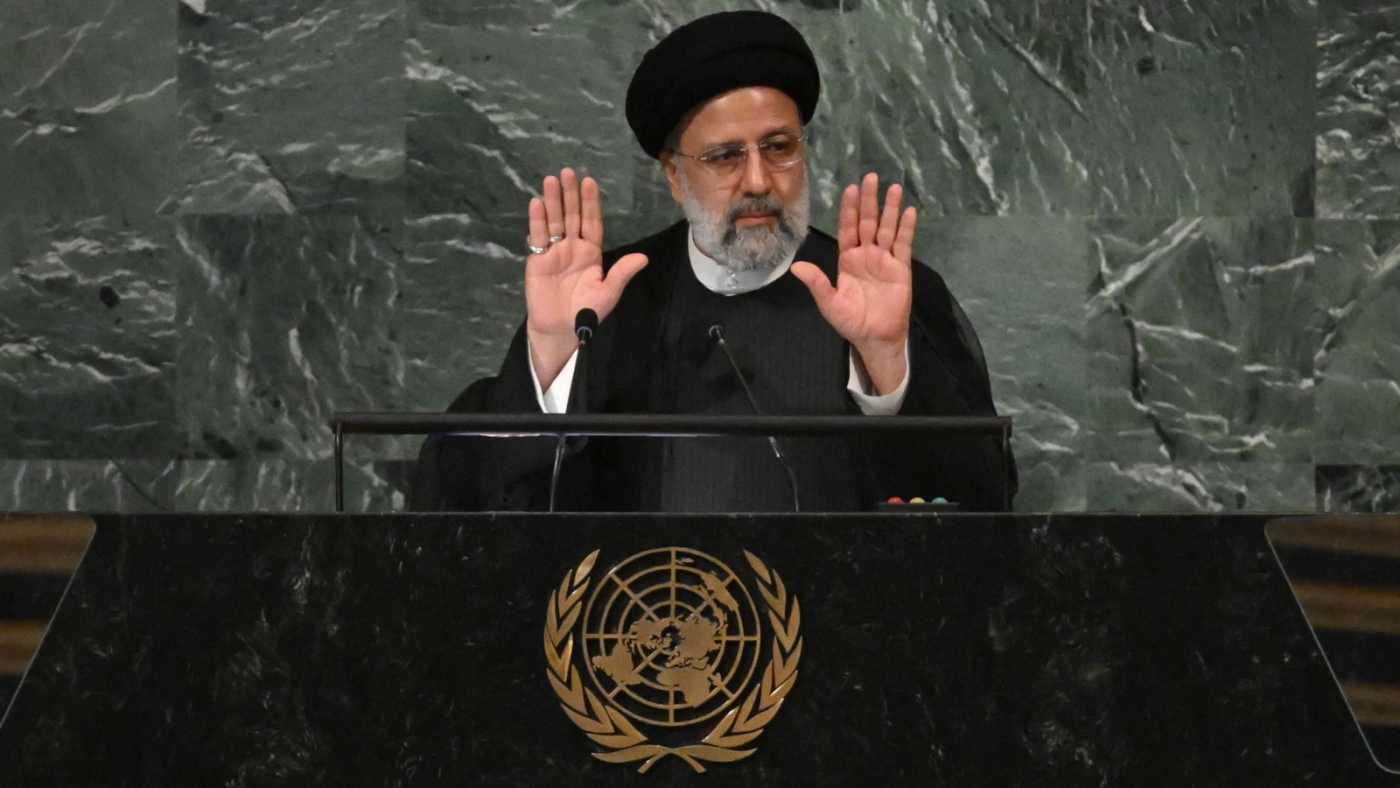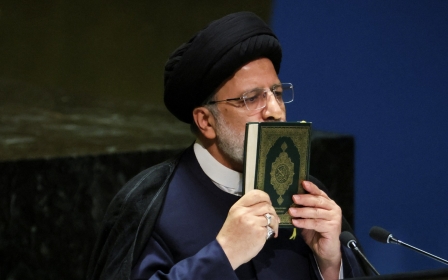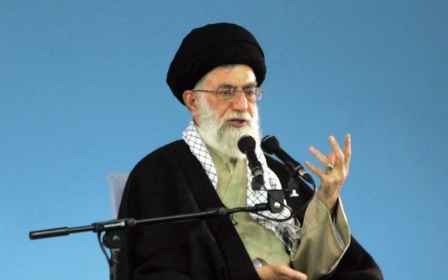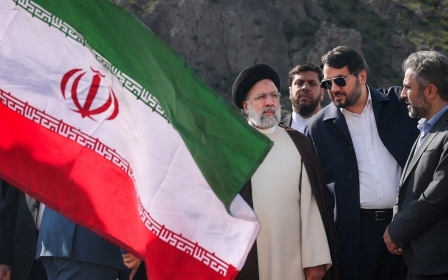Who was Iranian president Ebrahim Raisi?
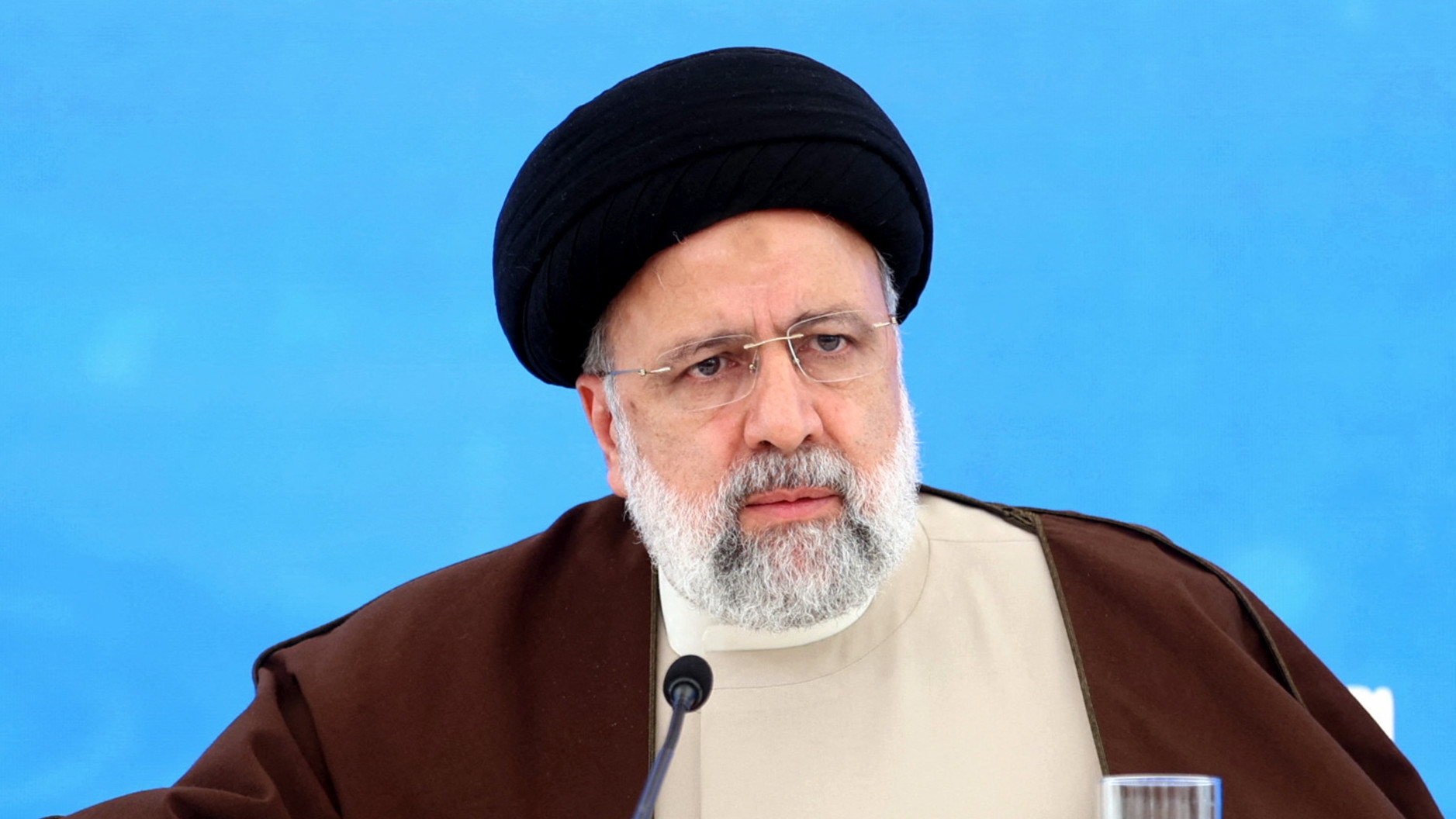
Iran's conservative president Ebrahim Raisi, who was killed on Sunday in a helicopter crash while returning from the opening ceremony of a dam project in Azerbaijan, became one of the most powerful figures in Iran by the time of his death - but also one of the most feared.
Where and when was Raisi born?
Born in 1960 in the eastern city of Mashhad, his family was poor, and had immigrated from Zabol, located in Sistan and Baluchestan province near the Afghan border.
At the age of five, Raisi lost his father, and was forced to work as a shoe polisher and shoemaker during his childhood to help the family survive.
As a child, he began to attend a seminary in the holy city of Qom. But according to a source, he left after less than two years, and joined the judiciary when the Islamic Revolution of 1979 resulted in the overthrow of the Shah, Mohammad Reza Shah Pahlavi and the return to Iran from exile of Ayatollah Ruhollah Khomeini, who was later to become the supreme leader.
How did Ebrahim Raisi rise to power?
In 1980, Raisi was appointed a senior judicial official in Karaj, a city around 50km west of Tehran. From there he had moved by 1985 to the position of Deputy Prosecutor of The Revolution's Tehran Court - and it was now that he began his ascent through the power hierarchy of the Islamic Republic.
Most significantly, as a member of the four-man Tehran Death Committee, he was instrumental in ordering the mass execution of between 2,000 and 5,000 political prisoners and dissidents in 1988, including Marxist and leftist groups as well as members of the People's Mujahedin Organisation of Iran (MEK), a group labelled as terrorists by Iran and Iraq.
In the West, it earned him the nickname the "Butcher of Tehran", as well as condemnation by human rights groups including HRW and Amnesty International.
In 2018, Raisi defended his involvement in the executions, saying they were needed given the attacks on supporters of the revolution. He said that at the time in Tehran alone there were "100 to 120 assassinations a day on the revolutionary forces” and that it was his honour to fight against it.
It was a pivotal moment in Raisi's political career, leading to his appointment as prosecutor for Tehran by the head of the judiciary in 1989, a position he held for five years.
What did people think of Ebrahim Raisi?
In 2004, Raisi was appointed first vice-president of the judiciary, a position he held for 10 years.
But according to one conservative source, Raisi had yet to make his ambitions clear: rather he came over as unremarkable and with no sign that he would later become president of the republic. His reputation within the establishment was built on his reliability, and always doing what was asked of him without objection.
In 2014, Raisi faced a real challenge to his standing, when Ayatollah Sadeq Amoli Larijani, the then judiciary chief, demoted him to the role of prosecutor general.
According to sources, Larijani did not have a good relationship with Raisi and tried to sideline him, which at one point led to Raisi becoming an ordinary prayer leader in a Tehran mosque.
Was Ebrahim Raisi an ayatollah?
In 2016, Raisi’s fortunes were unexpectedly reversed, when the Supreme Leader Ayatollah Khamenei appointed him as the custodian of the holy shrine to Imam Reza, the eighth imam of the Shia, in Mashhad, a wealthy and significant institution that gave him oversight of companies under its purview. The role also placed him among the five most influential officials in Iran.
“It was crystal clear from the first day,” said the source, “that Raisi was being prepared for something else as he wasn't suited to being a custodian.
“Senior Ayatollahs had held this position before. He was soon being called an ayatollah to promote him and give him a higher position among the religious class."
Some reformist clerics however disputed whether he should be promoted, and argued that he did not have the necessary clerical knowledge or experience. In the Islamic Republic of Iran, clerical rank carries political significance - and anyone who wishes to become supreme leader cannot do so without first becoming an ayatollah.
When did Ebrahim Raisi become president?
In 2017, Raisi ran for the presidency and was viewed as the candidate of both Khamenei and the Islamic Revolutionary Guard Corps, which fully supported his campaign.
He was defeated by the moderate cleric Hassan Rouhani, who managed to deliver significant blows with his verbal skills. Critics on social media especially nicknamed him "Ayatollah Massacre", a reference to the 1988 executions that probably contributed to his loss.
In 2017, Donald Trump was inaugurated as US president and re-imposed sanctions that had been lifted under the nuclear deal with Rouhani in 2015.
As Iran’s economy began to shrink, so the reformists in the establishment began to lose influence and principilists - a political grouping sometimes known as hardliners - used the opportunity to remove them from power.
In 2021, Raisi ran for the presidency again. This time, the Guardian Council, tasked with vetting candidates, barred moderates and reformists from the race, making his victory easy.
But voter turnout was only 48.8 percent of the more than 59 million eligible voters - a record low for a presidential election in the Islamic Republic.
During the campaign, Raisi vowed to reduce inflation, increase internet speed, and combat corruption. But during his tenure, none of these promises were fulfilled. Instead, prices skyrocketed, all social networks including Instagram were blocked, and the Islamic Republic witnessed some of its biggest corruption cases, including one that involved $2.7bn.
Moreover, Iran’s morality police once again took control of its cities. When Mahsa Amini, 22, died while in the force’s custody in 2022, it sparked mass protests across Iran against the Islamic Republic and resulted in the deaths of hundreds of protesters at the hands of security forces.
What did Raisi think of Israel, Russia and Saudi Arabia?
Beyond Iran, Raisi continued a hardline approach towards Israel, and in May 2021 backed Axis of Resistance ally Hamas for its fight against Israel. "The heroic resistance of Palestine once again forced the occupying Zionist regime to retreat and take another step towards the lofty ideal of liberating Holy Quds," he said in a reference to Jerusalem
He also announced a desire to improve relations with neighbours as a priority of his administration. However, while Iran resumed diplomatic ties with Saudi Arabia, its regional arch rival, this was less down to Raisi and was mostly rooted in the decisions of Khamenei.
Likewise, he publicly supported the Axis of Resistance, Iran's alliance of regional allies, which want to see US forces driven out: it includes Syria, Hezbollah in Lebanon, Yemen's Houthi movement and Palestinian groups, including Hamas, Islamic Jihad and the Popular Front for the Liberation of Palestine. But again, it was very much the vision of Khamenei and the Republican Guard under the assassinated Qassem Soleimani rather than the presidency itself.
During his term, Raisi sought to strengthen ties with both Russia and China and he made visits to Beijing and Moscow. He also increased the military cooperation with the Kremlin, leading to speculations about Iran selling suicide drones to Putin for use in the Ukraine war.
A source in the conservative camp told MEE after news of the president’s death had been confirmed: "Raisi, especially his father-in-law Alamolhoda (Mashhad Friday prayer leader) and hardliners around him, had big dreams for Raisi, and they assumed they were very close to seeing Raisi as the next leader, but now all is history.
“Probably God saved the Iranian nation."
Middle East Eye propose une couverture et une analyse indépendantes et incomparables du Moyen-Orient, de l’Afrique du Nord et d’autres régions du monde. Pour en savoir plus sur la reprise de ce contenu et les frais qui s’appliquent, veuillez remplir ce formulaire [en anglais]. Pour en savoir plus sur MEE, cliquez ici [en anglais].


